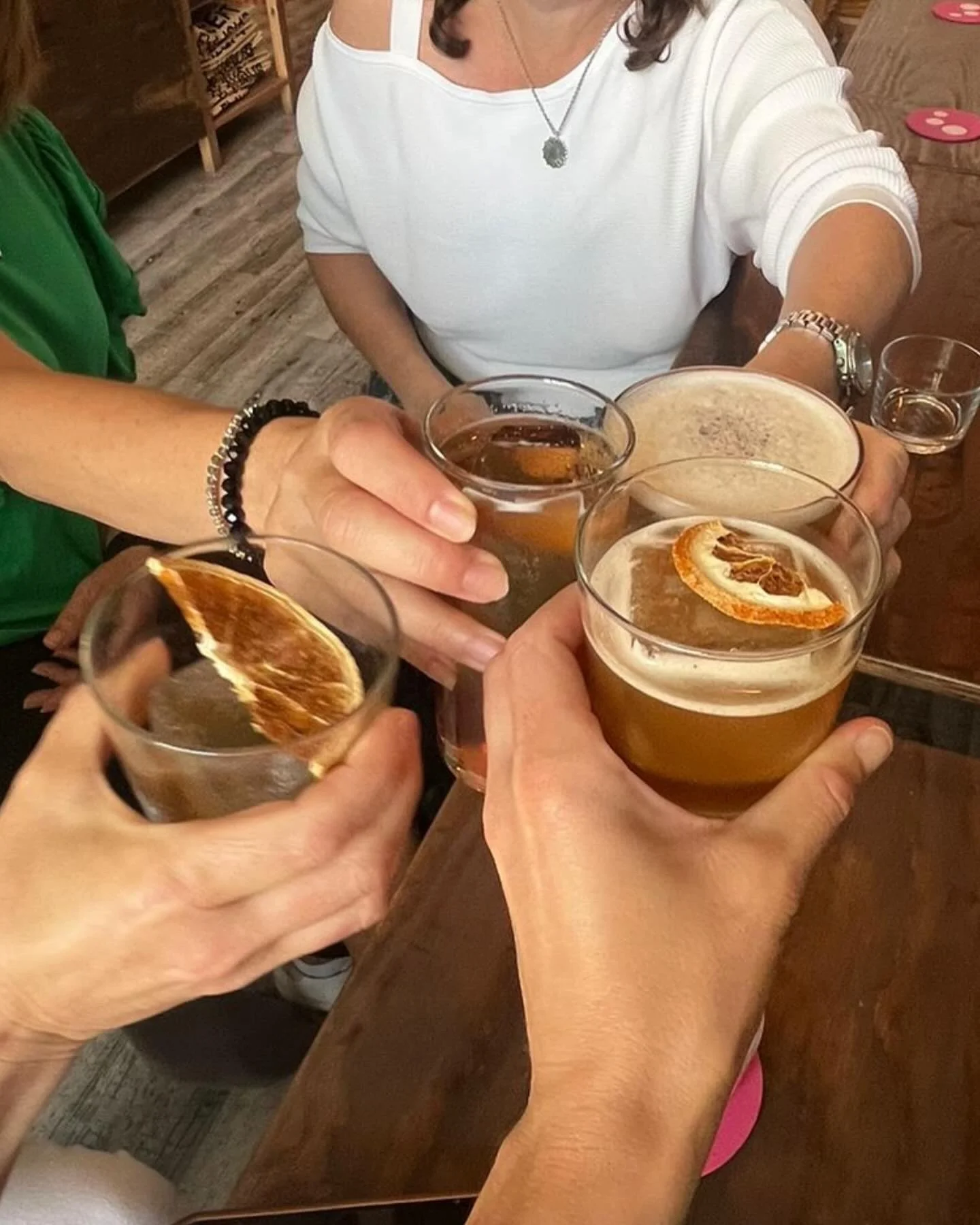Alcohol and Stress: Why Sobriety is the Real Stress Relief
“I just need a drink.”
It’s the thought that crosses so many of our minds after a long, exhausting shift. When work is relentless, emotions are high, and the weight of responsibility feels unbearable, coming home to conduct the family chores of shopping, cooking, cleaning, washing, helping with kids homework …..pouring a glass of wine or cracking open a beer seems like the quickest way to switch off.
I know because I’ve been there. Working in healthcare, dealing with constant pressure, and trying to hold everything together—it felt like alcohol was my relief. My sanity at the end of a hard day. But was it really helping, or was it just numbing the stress for a moment before making everything worse?
The Stress-Drinking Trap
At first, alcohol feels like a stress reliever. It slows down our nervous system, giving a temporary sense of relaxation. That first sip brings a sigh of relief—your shoulders drop, your thoughts slow, and for a moment, you think, This is exactly what I needed.
But here’s the catch. That temporary relief comes at a cost:
· Alcohol disrupts sleep, which makes stress worse.
· It increases anxiety the next day (hello, hangxiety).
· It prevents our bodies from properly processing and recovering from stress.
· It numbs the feelings instead of helping us work through them.
So, instead of breaking the stress cycle, alcohol feeds it. You drink to relieve stress, but the next day, you feel worse—so you drink again.
Burnout in a Bottle
For those of us in high-pressure jobs—especially in healthcare—burnout is real. Long hours, emotional exhaustion, and feeling like you have to keep pushing through. Alcohol seems like a quick fix, but in reality, it’s like pouring fuel on the fire.
During the pandemic, I found myself drinking more and more to cope with the intense pressure of my job. A glass of wine at the end of a shift turned into two, then three. I told myself it was normal. But instead of relieving my stress, it was numbing me, making me irritable, and leaving me even more exhausted.
The real turning point came when I realized alcohol wasn’t helping me manage stress—it was stopping me from learning how to cope with it in a healthy way. Alcohol initially feels like a stress reliever, but it actually wreaks havoc on the nervous system. It spikes cortisol and adrenaline—the body’s primary stress hormones—creating a cycle of heightened anxiety and tension. While alcohol may temporarily numb stress, it ultimately leaves the nervous system dysregulated, making us more reactive to stress over time. Sobriety, on the other hand, allows these hormones to stabilize, leading to a calmer, more resilient nervous system.
What Actually Relieves Stress?
Quitting alcohol forced me to find new, real ways to manage stress. And guess what? They actually worked.
· Sleep – Without alcohol disrupting my REM cycles, I woke up feeling refreshed for the first time in years.
· Exercise – Moving my body, even just a short walk, helped me process stress instead of pushing it down. Getting back to the gym, discovering yoga and taking up a couch to 5k challenge I found are great for both the cardiovascular and nervous system.
· Breathwork & Meditation –. Simple breathing techniques activate the parasympathetic nervous system, calming the body and reducing stress within minutes—without the negative side effects of alcohol.
· Healthier Nutrition – Eating nourishing foods stabilized my energy levels and mood, reducing stress naturally.
· New Routines & Hobbies – Exploring new interests gave me something positive to focus on and a sense of accomplishment. Setting up my day with new habits helped to reduce stress building throughout the day.
· Talking it Out – Instead of numbing my feelings, I started sharing them—with friends, a coach, and myself through journaling.
The biggest shift? I stopped dreading stress and started learning how to work through it.
The Challenge: Try 30 Days Alcohol-Free
If you’re using alcohol to manage stress, I challenge you to take a 30-day break and see what happens. Notice how your sleep changes, how your energy shifts, and how your body feels.
Sobriety isn’t about deprivation—it’s about giving yourself the best tools to truly feel better.
Are you ready to give it a try? Let’s talk.

